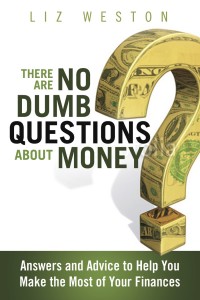Dear Liz: What’s the easiest way to save money? I have the hardest time. I want to save, but I feel that I don’t make enough to start saving.
Answer: The easiest way to save is to do it without thinking about it.
That usually means setting up automatic transfers either from your paycheck or from your checking account. If you have to think about putting aside money, you’ll probably think of other things to do with that cash. If it’s done automatically, you may be surprised at how fast the money piles up.
The second part of this equation is to leave your savings alone. If you’re constantly dipping into savings to cover regular expenses, you won’t get ahead.
People manage to save even on small incomes because they make it a priority. They “pay themselves first,” putting aside money for savings before any other bills are paid. Start with small, regular transfers and increase them as you can.
